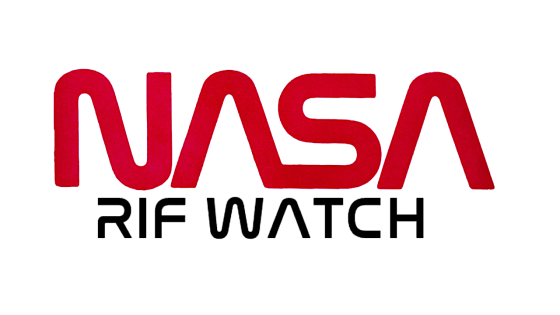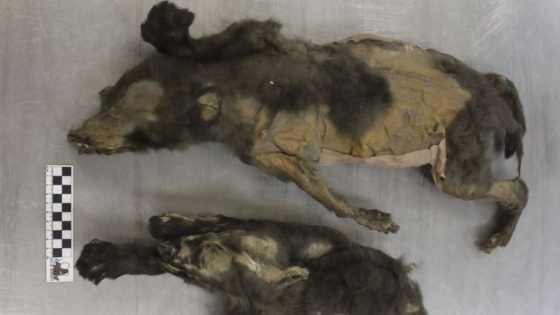Recent discussions reveal that significant reductions in workforce, termed RIFs, are being considered at NASA. This potential downsizing could impact over 3,000 employees, raising concerns about the agency’s future capabilities. As of 2025-06-26 06:12:00, management is reportedly urging personnel to prepare for these changes.
- RIFs at NASA are being discussed openly.
- Management encourages voluntary departures.
- Downsizing plans require over 3,000 layoffs.
- Senior staff are aware of the situation.
- Semantics used to downplay concerns.
- Prepare for potential job loss.
The implications of such workforce reductions are profound, particularly for ongoing scientific missions and projects. With NASA’s ambitious goals for space exploration and research, losing experienced staff could hinder progress and innovation.
This situation prompts critical questions about the future of NASA’s scientific endeavors. How will the agency maintain its ambitious goals with a diminished workforce? The potential loss of skilled personnel could lead to delays in key projects, affecting everything from satellite launches to planetary exploration.
- RIFs could disrupt ongoing missions and research.
- Experienced staff loss may hinder innovation.
- Future space exploration goals could be jeopardized.
As we look ahead, it is crucial for NASA and its stakeholders to prioritize workforce stability to ensure continued advancements in space science and exploration. Engaging the community in dialogue about these changes can foster resilience and innovation.

































